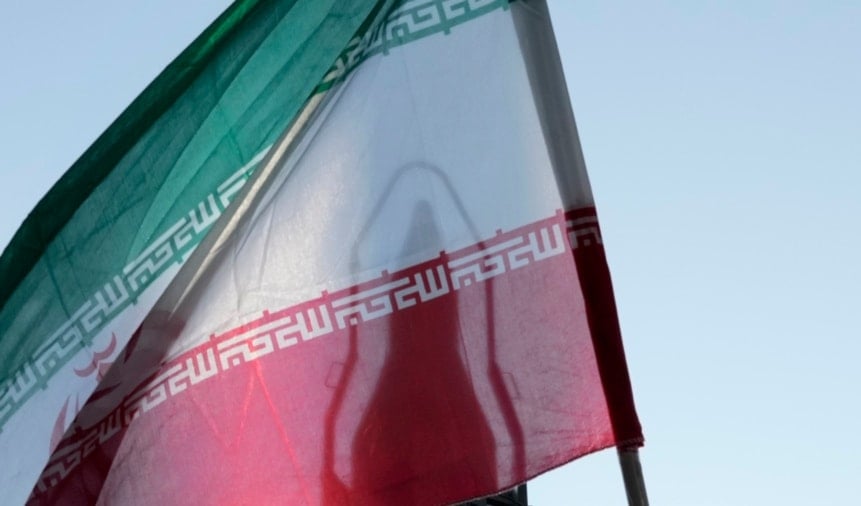Iran confirms nuclear talks with US rescheduled for Saturday
The delay comes after two recent rounds of indirect high-level talks—first in Muscat, then in Rome—facilitated by Oman, a country that has long served as a trusted intermediary in sensitive US-Iran diplomacy.
-

A member of the Iranian Basij paramilitary force carries an Iranian flag as she marches in front of a domestically-built missile displayed during the force parade in Tehran, Iran, Friday, Jan. 10, 2025 (AP)
Iran's Foreign Ministry announced Tuesday that a scheduled technical-level meeting with the United States on nuclear issues has been postponed to Saturday, following a proposal from Oman. The discussions are part of an ongoing series of indirect talks aimed at addressing concerns surrounding Iran's nuclear program.
"Following Oman's proposal and the agreement of the Iranian and American delegations, the technical consultative meeting between the two countries, which was to be held as part of the indirect talks between the two sides on Wednesday, has been postponed to Saturday," said Foreign Ministry spokesman Esmaeil Baqaei.
The delay comes after two recent rounds of indirect high-level talks, first in Muscat, then in Rome, facilitated by Oman, a country that has long served as a trusted intermediary in sensitive US-Iran diplomacy. Foreign Minister Abbas Araghchi has been leading the Iranian delegation, while US Special Envoy Steve Witkoff heads the American side. Both officials have expressed cautious optimism, noting progress in mutual understanding, though major gaps remain.
The upcoming meeting will take place at the expert level, with discussions expected to focus on technical details such as uranium enrichment limits, sanctions relief mechanisms, and verification protocols. These consultations are viewed as crucial groundwork for any potential revival or adaptation of the 2015 Joint Comprehensive Plan of Action (JCPOA), which the Trump administration abandoned in 2018.
Read more: IAEA could aid in potential US-Iran deal if asked: Grossi
Analysts suggest that the continuation of technical talks, despite regional instability and domestic political constraints in both countries, indicates a mutual willingness to explore a negotiated path forward. However, significant challenges persist, including reconciling Tehran's nuclear enrichment activities with Washington's demands for long-term transparency and oversight.
The outcome of these talks could have far-reaching implications for regional stability and global non-proliferation efforts. For now, the focus remains on Saturday's session, which may set the tone for future progress or further stalemate in US-Iran nuclear diplomacy.

 2 Min Read
2 Min Read









